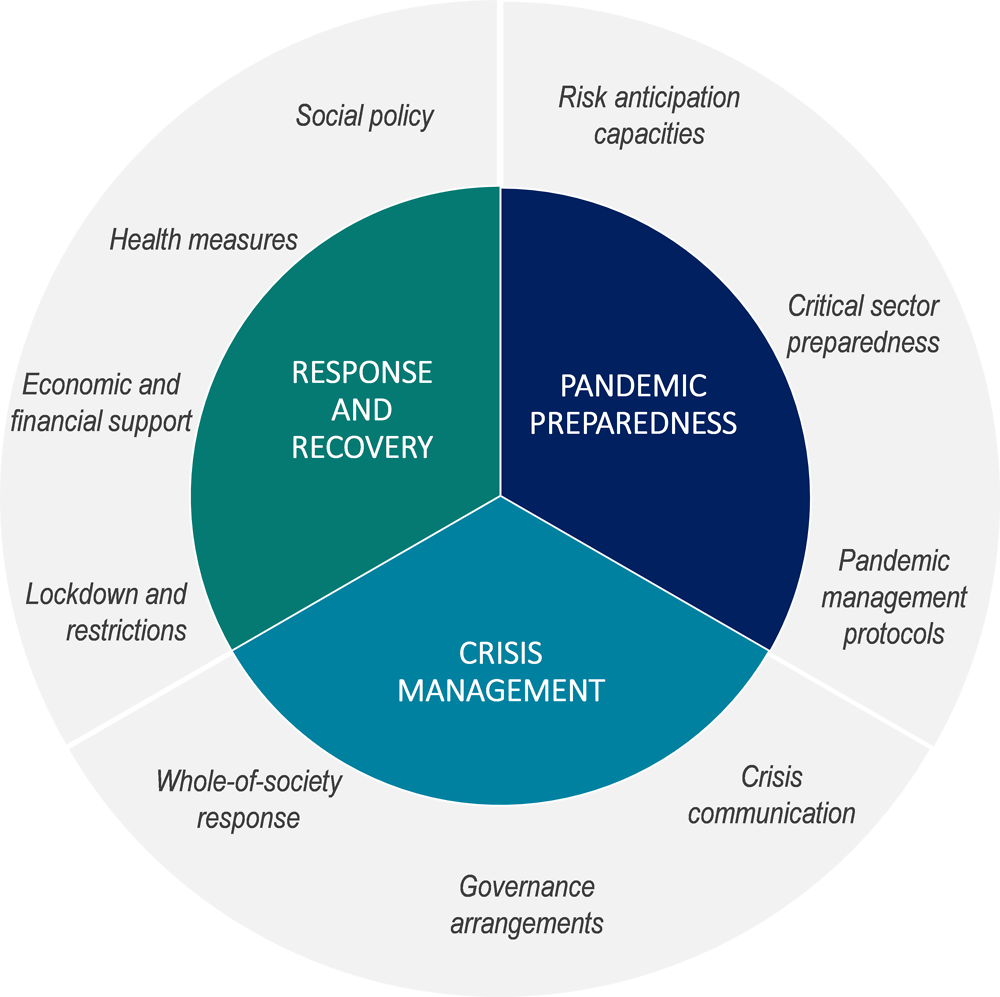Q. No. 6. What is pandemic? How can the pandemic management strategy be made part of the governance system of Pakistan? 2021

A pandemic refers to the global outbreak of a contagious disease that affects a large number of people across multiple countries or continents. It is characterized by the rapid spread of the disease and the potential for severe illness and mortality. The COVID-19 pandemic, caused by the novel coronavirus, is a recent example.
To make pandemic management strategy part of the governance system of Pakistan, several key steps can be taken:
- Institutional Framework: Establishing a dedicated institutional framework for pandemic management is crucial. This can involve creating a specialized department or agency responsible for coordinating and implementing pandemic response measures. Clear lines of authority, accountability, and communication channels should be established within the governance system.
- Legal and Policy Framework: Developing comprehensive legal and policy frameworks specific to pandemic management is essential. This includes enacting legislation that defines the roles, responsibilities, and powers of relevant authorities during a pandemic. Policy guidelines should cover areas such as surveillance, testing, contact tracing, quarantine, treatment, and public health messaging.
- Preparedness and Planning: Incorporating pandemic preparedness and planning into the governance system is critical. This involves conducting risk assessments, developing response strategies, and establishing protocols for early detection, rapid response, and effective coordination among different stakeholders. Regular simulation exercises and scenario planning can help identify gaps and improve preparedness.
- Resource Allocation: Ensuring adequate resources for pandemic management is essential. This includes budgetary allocations for healthcare infrastructure, medical supplies, personal protective equipment (PPE), and human resources. The governance system should incorporate mechanisms for timely and efficient procurement and distribution of essential resources during a pandemic.
- Data Collection and Analysis: Establishing robust systems for data collection, analysis, and reporting is crucial for effective pandemic management. This involves integrating health information systems, conducting surveillance, and sharing real-time data among relevant authorities. Data-driven decision-making can guide the allocation of resources, implementation of interventions, and monitoring of the pandemic situation.
- Interagency Coordination: Strengthening interagency coordination and collaboration is vital. This includes establishing platforms for regular communication and coordination among relevant government departments, healthcare institutions, public health agencies, and other stakeholders. Coordinated efforts can ensure a unified response and avoid duplication of efforts.
- Public Engagement and Communication: Integrating effective public engagement and communication strategies into the governance system is crucial for pandemic management. This involves disseminating accurate and timely information, addressing public concerns, and promoting behavioral changes to prevent the spread of the disease. Public participation and feedback mechanisms should be incorporated to foster trust and accountability.
- Learning and Adaptation: Establishing mechanisms for learning from past experiences and adapting strategies is essential. Regular evaluations, post-pandemic reviews, and lessons learned exercises can identify strengths and weaknesses in the governance system and inform improvements for future pandemics.
By incorporating pandemic management strategies into the governance system, Pakistan can strengthen its ability to respond effectively to future health crises. This requires a comprehensive and coordinated approach that involves multiple sectors, stakeholders, and levels of government working together to protect public health and ensure the well-being of the population.